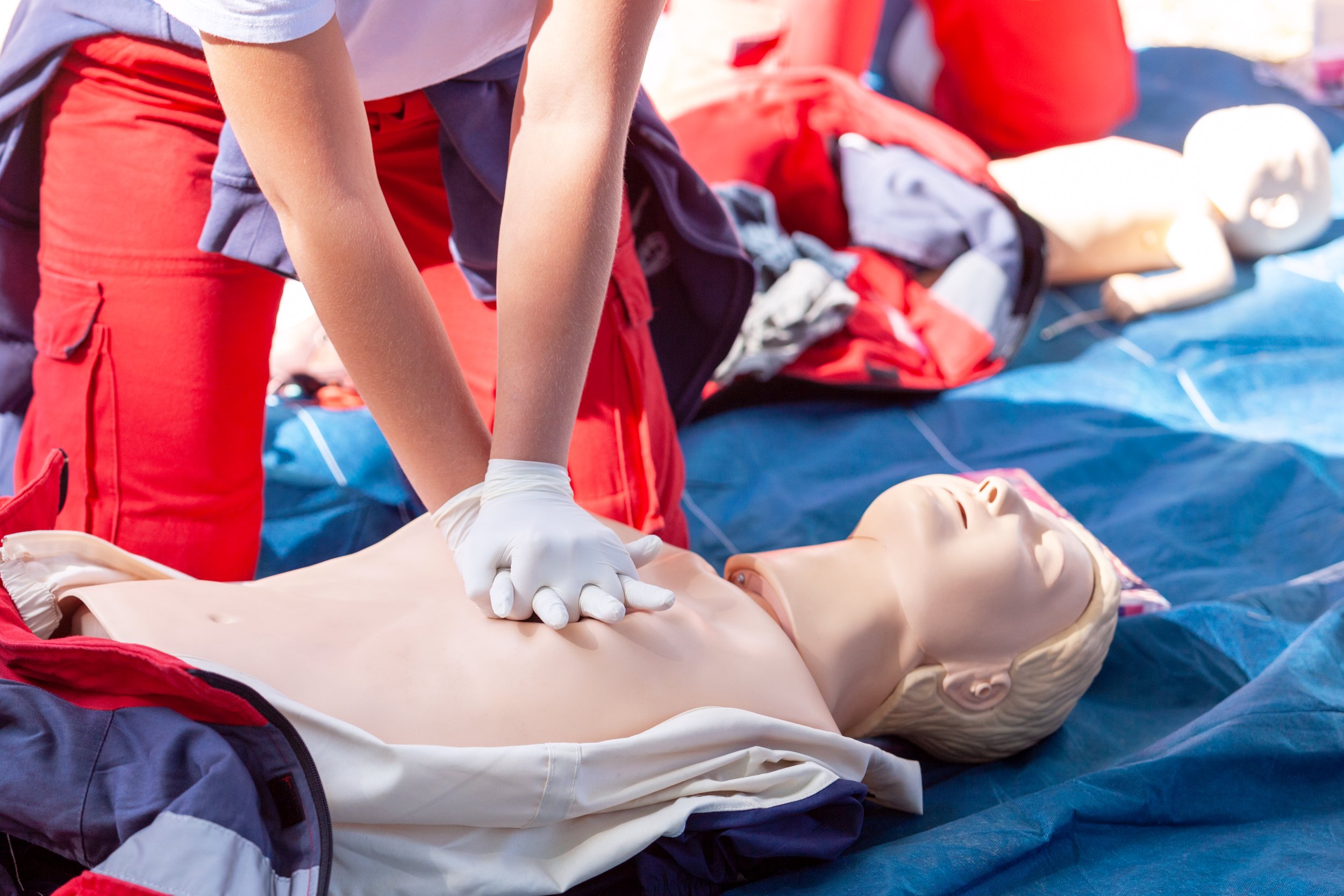
Northern Ireland’s Leading Transport Specialists
First Aid at Work Training Course Info
Our 3 day hands on fully interactive first aid at work courses provide the training, assessment and certification to become a qualified first aider or a nominated first aider in the work place.
Alongside meeting these requirements, you will also be equipped with the knowledge and skills to administer a wide variety of first aid techniques in the workplace with confidence – from treating minor wounds to saving the lives of colleagues, customers or members of the public in life-threatening situations.
This course complies to all standards from HSE and you will receive a certificate on completion that is valid for 3 years.
Contact us directly to discuss your individual needs & booking.
More Info
-
HSE regulation states any place of work with 5 or more employees must have trained first aiders onsite at all times, this includes shift work. This 3 day course is for anyone wishing to be a nominated first aider for work, clubs, public events, group leaders, care workers, working with vulnerable adults as an employee or as a volunteer. This course can be done by anyone over the age of 16.
2 Day Recertification
1 Day Emergency First Aid At Work (also available as driver CPC)
-
This 3 day course includes course materials, expert tutoring and practical exercises to give learners in-depth training in the following information and treatments:
Principles of first aid.
Prevention of cross-infection.
Basic life support (CPR & use of an AED).
Breathing management.
Managing unconscious casualties.
Assessing and treating wounds & bleeds.
Treating anaphylaxis.
Treating shock or sudden poisoning.
Treating burns, poisoning and eye injuries.
Treating common major and minor illnesses.
Managing asthma attacks and choking.
Fractures, dislocations and head injuries.
Managing epilepsy and diabetes.
Record keeping and equipment use.
Legal aspects and secondary

